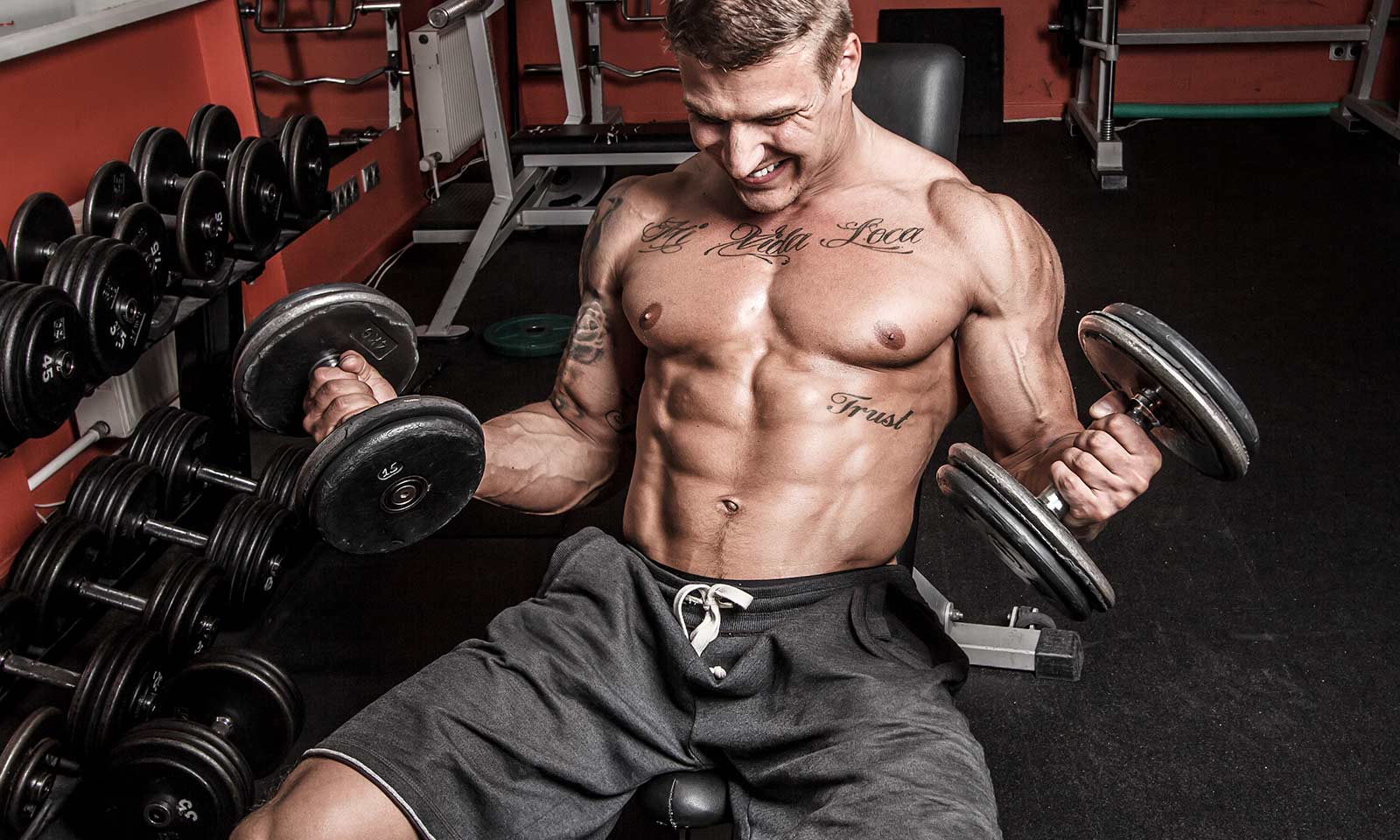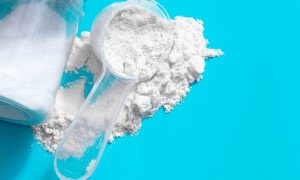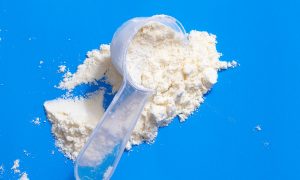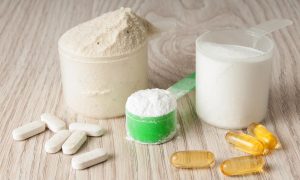5 Key Ingredients For Your Pre-Workout Formula

|
|
We’ve all experienced slumps in motivation and energy when it comes to training in the gym, yet sadly, many of us really struggle to get out of these slumps and we find ourselves coming close to quitting altogether, or at the very least, taking a prolonged amount of time away from the gym. For those of you who are in pursuit of those precious gains however, taking time off from the gym is simply not an option. When many of us find ourselves lacking energy and motivation, we turn to the supplements, usually those containing stimulants such as pre-workout formulas. Whilst many pre-workout formulas are indeed considered hugely beneficial, one common downside is the fact that many of them are pretty expensive for what you are getting. If you were to look at the key ingredients found in pre-workout formulas, for the most part at least, you would find that, if you purchased the ingredients individually, per serving you would save a small fortune. For those reasons, and for those of you who feel like creating your own pre-workout formulas, here’s a look at several key ingredients that you simply must purchase, and why they’re so beneficial for before, during, and after training.
Caffeine

Up first we have the star of the show when it comes to pre-workout supplements – caffeine. Caffeine is a natural stimulant found primarily in tea leaves and coffee beans, where in those ingredients, it is actually used as a pesticide by the plants to protect them from pests. In humans however, it is not toxic in correct dosages, and it has very potent stimulating effects. Caffeine can provide very impressive, albeit temporary, increases in energy levels, both physical and mental. Caffeine is a hugely beneficial ergogenic aid, which means that it enhances your performance. Not only is it ideal for short and explosive bouts of exercise, it is also beneficial for long-distance endurance events as well. Caffeine reduces fatigue, it increases physical and mental energy, it helps to increase adrenalin secretion, plus it can help to reduce the perception of effort, even in individuals who are lacking in sleep, who would normally struggle to get an effective workout in. Some people are more sensitive to caffeine than others, so typically if a person who very rarely drinks tea, coffee, or energy drinks, was to consume caffeine, they would require less than a regular coffee drinker in order to benefit from the increases in energy. Ideally you want around 200mg – 500mg per day, or 1.8 – 2.7mg of caffeine per pound of bodyweight. Be careful of too much, as it can lead to insomnia and trouble sleeping, as well as heart issues, and even addiction.
Nitric Oxide
Nitric Oxide is another key ingredient found within pre-workout supplements, for a number of reasons. Its primary benefit however, is that it acts as a vasodilator, which means that it dilates the blood vessels and allows them to widen. This means that, as they are now bigger, more blood can be carried through them and around the body. Blood carries oxygen and other nutrients around the body to the cells, and the more oxygen and nutrients that are transported, the more energy the cells will have and will be able to generate. This includes cells within the muscles, so the more oxygenated blood that muscle cells can absorb, the better the muscles will perform as a result. There is also an aesthetic benefit associated with Nitric Oxide, or NO, for short, as because it widens the blood vessels and allows them to carry more blood around the body, it results in increases in vascularity, which is always motivational for a bodybuilder as it is a sign of being shredded.
Creatine monohydrate

Next to whey protein, creatine monohydrate is the second most popular supplement in the entire world. It helps to assist with explosive strength as it helps generate adenosine tri phosphate, or ATP. ATP is used by the muscles as a primary energy source, so the more ATP the body is able to generate, the more energy the muscles will have, and so the more effective your workouts will become. Ideally you simply want 5g as part of your pre-workout stack, and that will be it for the day.
Beta alanine
In terms of muscular endurance, beta alanine is absolutely vital. It helps to enhance training loads, plus it can prolong training intensity and help to fight fatigue. Ideally you want between 1.5g and 5g as part of your pre-workout stack, although just be aware that larger dosages will cause a tingling feeling like pins and needles. This is perfectly normal, although if you don’t enjoy it, you may wish to split your daily dosages into two servings per day. It helps to fight fatigue by buffering hydrogen ions, which in turn means that you can keep up training intensity before you have to deal with the effects of fatigue.
BCAAs
BCAAs, or branch chain amino acids, get their name because their molecular structure looks just like a tree branch. They are made up of three amino acids, which are leucine, valine, and isoleucine. They promote protein synthesis, they regulate protein metabolism, and they help to prevent muscle protein wastage and breakdown within the body. For optimal results, 5g should be consumed pre-workout, whereas 20g should be consumed throughout the rest of the day. In terms of dosage ratios, you should go with 2:1:1 in favour of Leucine, as leucine is the most anabolic compound, as it helps to promote protein synthesis. BCAAs will help to promote energy, they will fight fatigue, and they will prevent catabolism and keep you in an anabolic state. What’s more, if DOMS, or Delayed Onset Muscle Soreness is an issue, BCAAs will help to reduce this.














